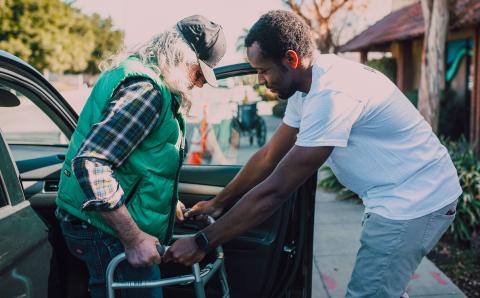Where’s the best place to get news you can trust?
I’m not sure there is one place. As unbiased as professional journalists try to be, it is really hard to be totally unbiased. Worse, information consumers like us relish our own biases and are always on the lookout for content that affirms what we already believe. If it’s what we agree with, it must be trustworthy, right?
It might be helpful to think about our media consumption like our food consumption: try for a well-balanced diet.
Think of Twitter and your social media feeds as candy. It’s so good, so readily available, and so satisfying that you think you’ll never get sick of it—until you do. For something a bit more substantial and tolerable on a regular basis, perhaps subscribe to a couple of daily e-newsletters (but only a couple). Think of those as breakfast or lunch. For dinner, subscribe to—yes, pay money for—an online general interest newspaper or magazine. Whatever you choose, be deliberate about what you put in your head.
Staying with the food analogy, it’s not only important what we eat but also how much we consume. We live in rich countries and have the time and resources to take in as much as we want. Most of us need to seriously cut back on the information we ingest. Do we really need to read minute-by-minute updates from six sources about the same event that has no bearing whatsoever on our lives?
Two researchers at Oxford University have been working on a 50-year newspaper—producing a paper about events that happened 50 years ago because they believe bad news travels fast and good news takes time. Their 50-year newspaper is amazingly balanced and trustworthy. But don’t look for it on a newsstand near you any time soon.
About the Author
Dean Heetderks is co-director of Ministry Support Services of the CRC and art director of The Banner. Wondering about any part of the digital side of your life? Tell him about it at dean.heetderks@gmail.com









